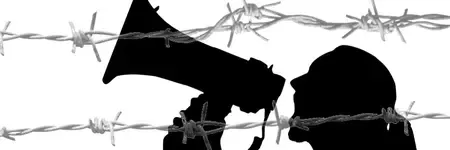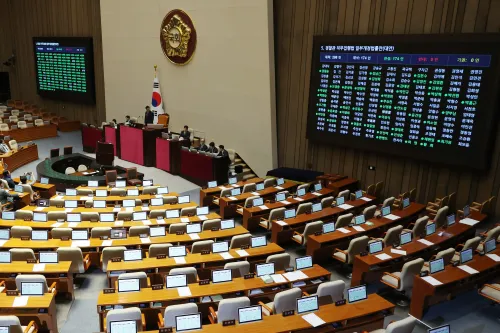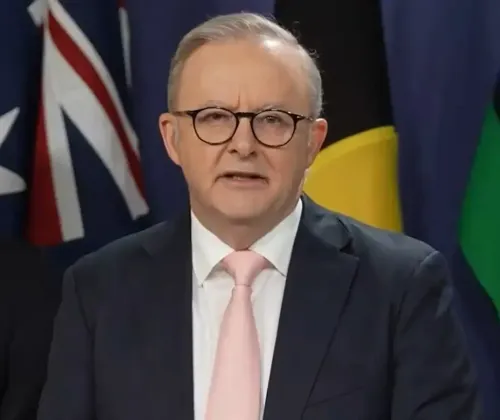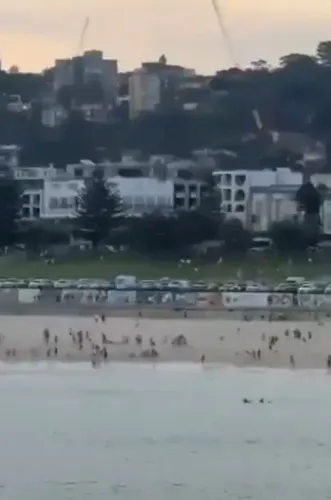Is the Situation in Gaza Really as Horrific as Described by UN Chief?
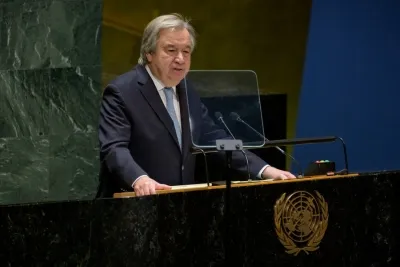
Synopsis
Key Takeaways
- Antonio Guterres condemns the dire situation in Gaza as 'horrific.'
- High levels of civilian casualties, especially among children.
- Calls for a permanent ceasefire and lasting solutions for both Palestinians and Israelis.
- Critical shortages of aid and fuel in Gaza.
- Continued violence in the West Bank.
United Nations, July 15 (NationPress) UN Secretary-General Antonio Guterres characterized the situation in Gaza as "horrific".
"What we are witnessing in Gaza is a level of death and destruction that has no parallel in recent times," he informed reporters.
Over the weekend, there were reports of increased civilian casualties, including children, during attacks that struck individuals seeking aid, the Xinhua news agency reported.
Guterres emphasized that the ongoing violence undermines the most basic conditions of human dignity for the people of Gaza, "independently of the enormous suffering that they are having."
The UN chief reiterated his appeal for a permanent ceasefire in Gaza.
"I hope that the parties are able to overcome ... the difficulties that they still find for that ceasefire to take place," he stated. "However, the ceasefire is not enough. It is essential that it leads to a solution, which can only be achieved if both Palestinians and Israelis can have a state where they can exercise their rights."
Guterres remarked that the predicament of Palestinians living "in their own lands, without any rights is something that is totally against humanity and totally against international law."
The UN humanitarian agencies condemned the recent attacks in Gaza, where women and children were killed while seeking water and food, labeling it an "outrage."
The UN Office for the Coordination of Humanitarian Affairs (OCHA) reported that strikes and shelling intensified in Gaza over the weekend, resulting in mass casualties.
OCHA noted that seven children were reportedly killed while waiting for water at a distribution site in Nuseirat, following an incident on Thursday where several children and women lost their lives while waiting for nutritional supplies.
The UN Children's Fund (UNICEF) called such killings an outrage that must cease, asserting that civilians must be protected and treated with dignity, and that no one, including children, should risk their lives to obtain food, water, or other aid.
OCHA indicated that the health system caring for casualties from the conflict has been severely compromised, and despite being on the verge of collapse, hospitals continue to respond to mass casualty incidents as best they can.
The humanitarian office reported that health teams in Gaza continue to endure some of the worst impacts of the hostilities. The Ministry of Health in Gaza confirmed the killing of a specialist in surgery and endoscopy over the weekend.
UN agencies warned that the fuel shortage in Gaza has reached alarming levels, indicating that without adequate fuel, they would likely be forced to halt their operations entirely, directly affecting all essential services in Gaza and pushing more people closer to death, with no health services, clean water, or means to deliver aid.
OCHA reported that the limited fuel supplies allowed into Gaza last week were barely sufficient to support essential service operations for even a single day.
UN agencies and partners reiterated that fuel must be allowed into Gaza in sufficient quantities and on a consistent basis to sustain life-saving operations.
UNICEF also reminded that the risk of famine persists. Last month, over 5,800 children were diagnosed with malnutrition in Gaza, including more than 1,000 children suffering from severe acute malnutrition, marking an increase for the fourth consecutive month.
OCHA stated that the limited quantities of aid and critical supplies that have entered Gaza so far are nowhere near adequate to meet the needs of 2.1 million people. The Israeli authorities must facilitate the urgent entry of large-scale aid through all possible routes and corridors.
The humanitarian office indicated that Israeli authorities have continued issuing displacement orders amid the violence. On Friday, an evacuation order was issued for the Rimal area of Gaza City, where approximately 70,000 people were staying at various displacement sites. More than 86 percent of Gaza is either under displacement orders or located within Israeli-militarized zones.
In the West Bank, OCHA reported ongoing high levels of violence.
On Friday, two Palestinian men in their early 20s were killed near Ramallah during a settler attack, according to the office.
OCHA documented over 700 attacks by settlers against Palestinians in the first half of 2025, affecting more than 200 communities across the West Bank, primarily in Ramallah, Nablus, and Hebron governorates, resulting in casualties and property damage.


